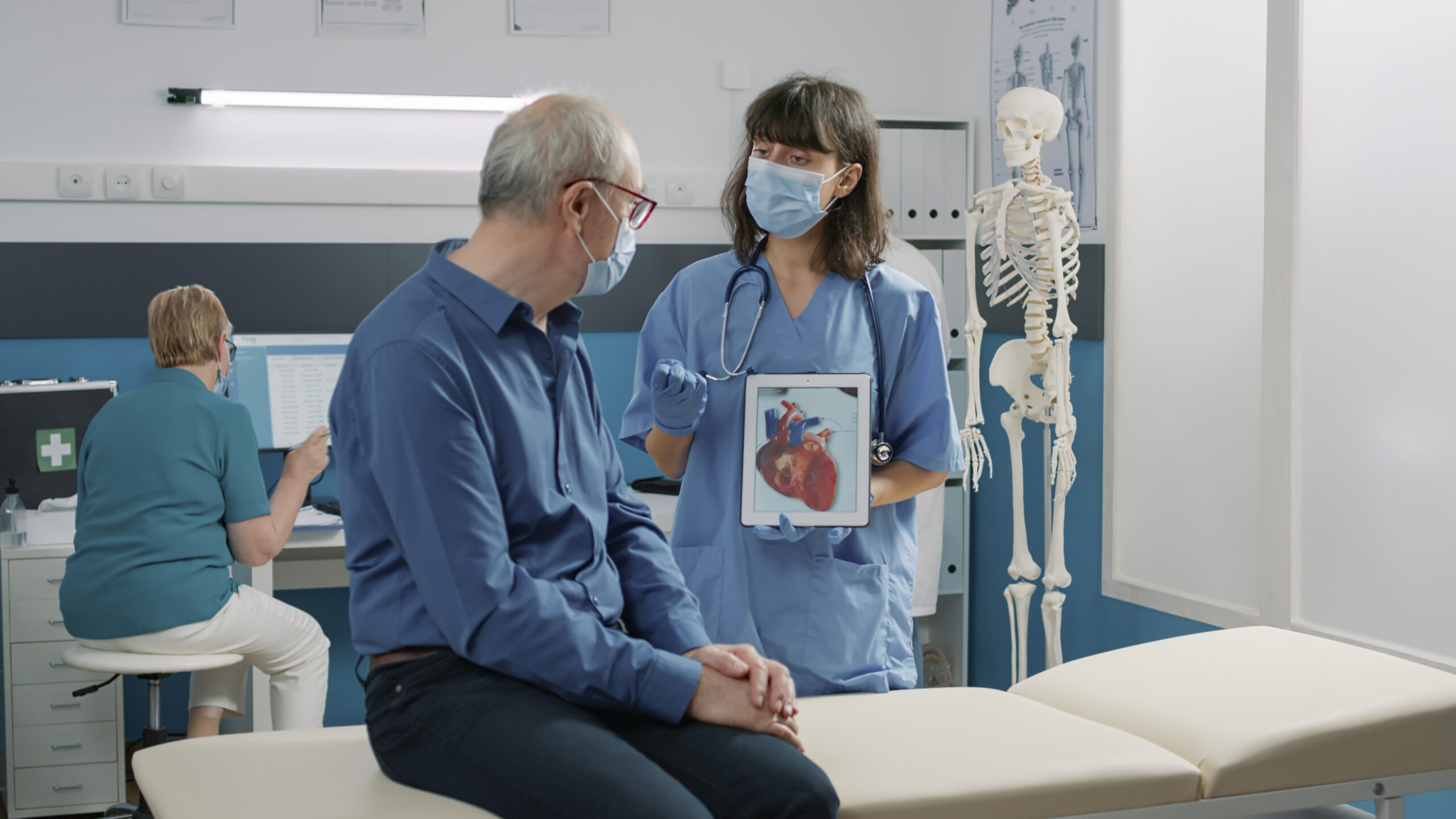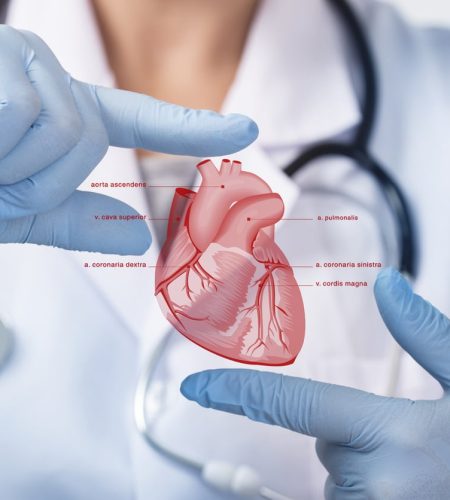
Cardiology is extremely important because the cardiovascular system, which consists of the heart and blood arteries, is essential to preserving general health. Cardiology is essential for preventing, detecting, and treating illnesses that impact the health and function of the heart because cardiac diseases are among the major causes of mortality globally.
People with Heart disorders: Cardiologists must provide specialized care and management for people who have been diagnosed with heart disorders like coronary artery disease, heart failure, arrhythmias (irregular heartbeats), and valvular illnesses.People at High Risk: To avoid heart issues and obtain early intervention, people with risk factors such as high blood pressure, high cholesterol, diabetes, obesity, or a family history of heart disease benefit from cardiology services.
The study, diagnosis, and treatment of diseases and ailments affecting the heart and circulatory system is the focus of the medical specialty known as cardiology. Cardiologists are medical professionals who have chosen to focus on the study of the heart. They are experts in determining how the heart works and how to diagnose and treat a variety of heart-related illnesses. Stress tests, echocardiograms, angiograms, cardiac catheterization, and other tests for diagnosis and treatment are all included in the category of “cardiology services.” Cardiology’s objectives include ensuring that the heart performs as it should, preventing issues related to the heart, and enhancing the quality of life for people with cardiovascular disorders.

Chest Pain or Discomfort: To rule out or treat suspected heart-related conditions, anyone who is suffering chest pain, tightness, discomfort, or shortness of breath should see a cardiologist.
Stroke Survivors: To determine their risk of future cardiovascular events, people who have had a stroke or a transient ischemic attack (TIA) sometimes require a cardiology evaluation.
Preoperative Evaluation: Cardiology testing may be necessary for patients undergoing surgery to make sure their hearts can withstand the strain of the operation and anesthesia.
Athletes: To check for heart issues, competitive athletes may need a cardiology evaluation.
Pregnant Women: For effective management, pregnant women with heart diseases or those who run the risk of developing cardiovascular issues while pregnant should see a cardiologist.
Age is a major risk factor for heart disease, thus older people might benefit from routine cardiology examinations to monitor their heart health and identify any potential problems early.
The emergency room, on the other hand, is for serious issues that may be considered a medical emergency